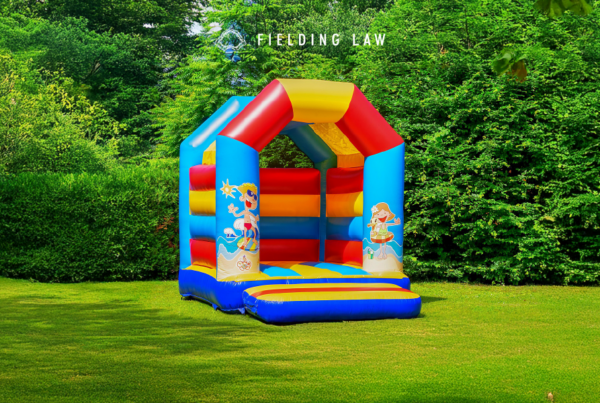Exploring the Long Beach Aquarium is usually a delightful experience, filled with fascinating marine life and engaging exhibits. However, accidents can occur, turning a fun outing into a distressing situation. If you are injured while visiting the aquarium, it is essential to understand the steps you need to take to protect your health and legal rights. We will guide you through the common causes of injuries, immediate actions to take, legal considerations, and how Fielding Law can assist you.
Common Causes of Injuries
The Long Beach Aquarium, like any public attraction, can present various risks. Common causes of injuries include:
- Slip and Falls: Wet floors, spills, or uneven surfaces can lead to slip and fall accidents. High-traffic areas, especially around water features, can be particularly hazardous.
- Accidents with Exhibits: Interactions with exhibits, such as touching tanks or moving displays, can sometimes result in accidents if the equipment is not properly maintained or if safety protocols are not followed.
- Animal Encounters: While the aquarium generally ensures safe interactions, accidents can happen, especially if visitors get too close to enclosures or interact with animals in unintended ways.
- Food and Beverage Areas: Spills or poorly maintained dining areas can lead to slip and fall incidents or other accidents.
Immediate Actions to Take
If you sustain an injury at the Long Beach Aquarium, taking the following steps is crucial:
- Seek Medical Help: Your health is the top priority. Seek immediate medical attention for your injuries. If the injury is severe, call 911 or ask aquarium staff for assistance. For minor injuries, visit an urgent care center or your primary care physician.
- Report the Incident: Notify aquarium staff about the incident as soon as possible. They need to document the occurrence, which can be vital for both your health records and any potential legal claims.
- Document the Scene: If you are able, take photos of the area where the injury occurred. Capture any hazards or conditions that contributed to the accident. Collect contact information from any witnesses who observed the incident.
Legal Considerations
Understanding the legal aspects of your situation can help you navigate the process of seeking compensation. Key considerations include:
- Liability Issues: Determining who is responsible for the injury is crucial. Liability may fall on the aquarium if the injury resulted from their failure to maintain safety. Alternatively, third parties or other visitors could be at fault.
- Negligence: If the aquarium’s negligence contributed to your injury, such as inadequate maintenance or lack of proper signage, they may be held responsible for damages.
- Insurance Claims: The aquarium may have insurance coverage for accidents. Filing a claim may involve dealing with their insurance provider to seek compensation for your medical expenses, lost wages, and other damages.
Seeking Legal Advice
Consulting with a personal injury attorney can significantly benefit your case. A legal professional can help you:
- Understand Your Rights: An attorney will explain your rights and the legal options available to you.
- Navigate the Legal Process: They can guide you through the process of filing a claim, negotiating with insurance companies, and pursuing legal action if necessary.
- Ensure Fair Compensation: A lawyer will work to secure the compensation you deserve for your medical expenses, pain and suffering, and any other related costs.
Why Choose Fielding Law?
At Fielding Law, we are dedicated to providing compassionate and effective legal support to those injured in public places like the Long Beach Aquarium. Our experienced attorneys offer personalized care, fighting with integrity and tenacity to ensure that you receive the support and compensation you need during this challenging time.
If you have been injured at the Long Beach Aquarium, contact us today at 833.88.SHARK or visit our Contact Us page for a free consultation. Let us help you navigate this difficult situation and advocate for your rights.
Note: Information provided is for educational purposes and does not constitute legal advice. Always consult with a qualified attorney for legal concerns.





